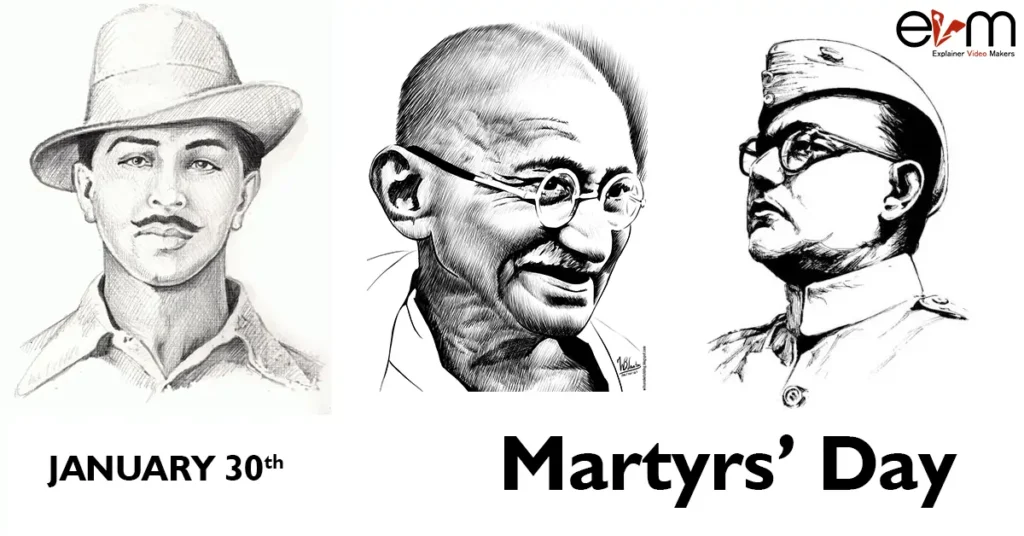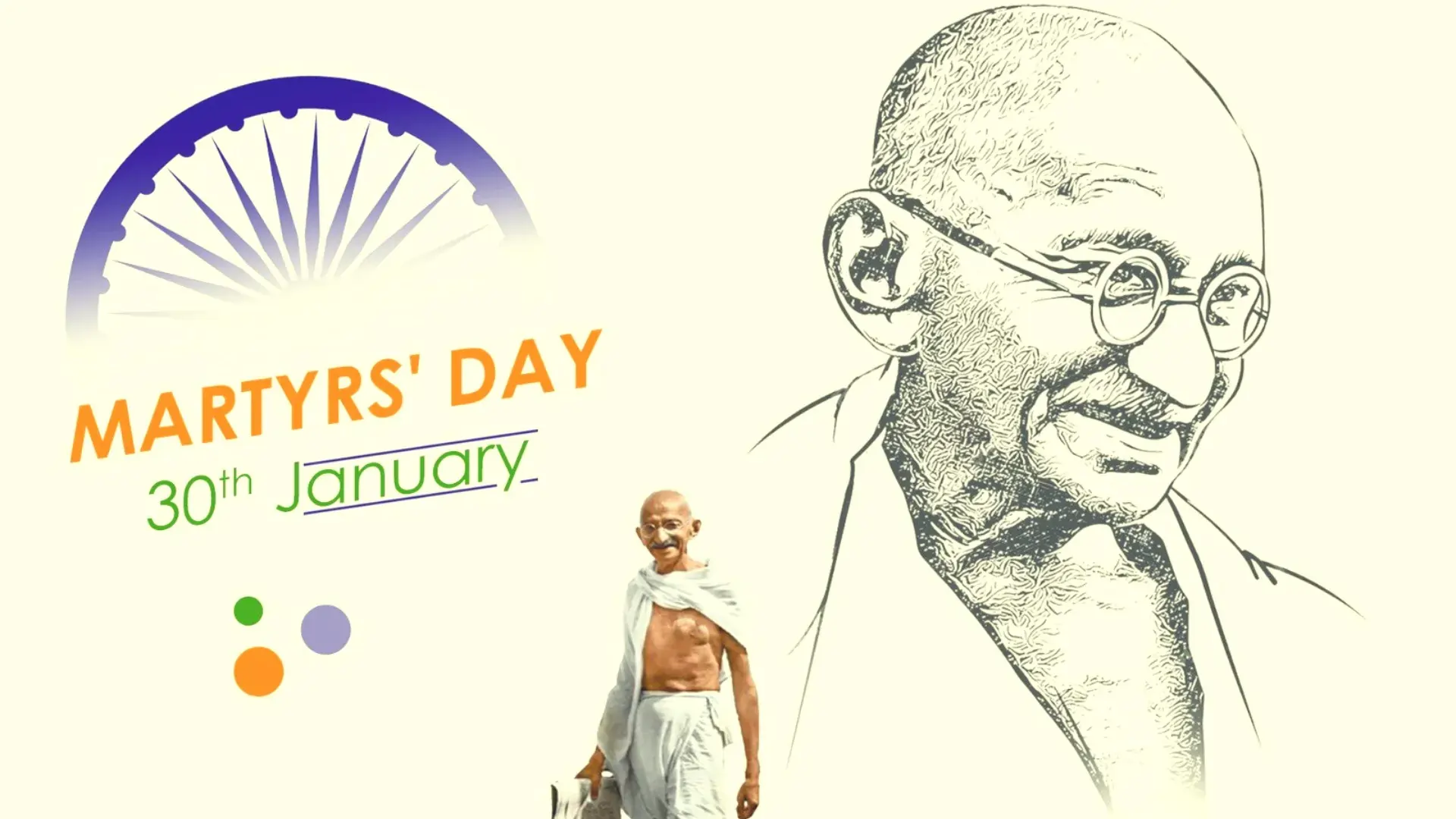Martyrs’ Day, observed annually, serves as a solemn occasion to honor those who made the ultimate sacrifice for their country. Known as Shaheed Diwas in India, this day pays tribute to the courage, dedication, and selflessness of individuals who fought to protect freedom and integrity. Martyrs gave their lives so that future generations could live in a free and independent nation, and their contributions deserve our continued remembrance.
The term “martyr” originates from the Greek word martyros, meaning “witness.” A martyr sacrifices their life for a deeply-held belief or cause, with their story serving as a testament to the righteousness of their fight. On Martyrs’ Day, the country pays homage to these individuals and recognizes the impact of their sacrifices on national history.
Historical Importance of Martyrs’ Day in India
India’s fight for independence involved numerous sacrifices by freedom fighters who opposed British colonial rule. Many faced immense challenges, imprisonment, and even death in their fight to achieve freedom. Martyrs’ Day ensures that the nation remembers these individuals and honors their contributions.
Martyrs’ Day occurs on several dates throughout India, with January 30th and March 23rd being the most significant. Each date commemorates the sacrifice of prominent figures like Mahatma Gandhi, Bhagat Singh, Rajguru, and Sukhdev. These individuals, and countless others, fought valiantly and became martyrs, leaving behind a legacy that continues to inspire today.
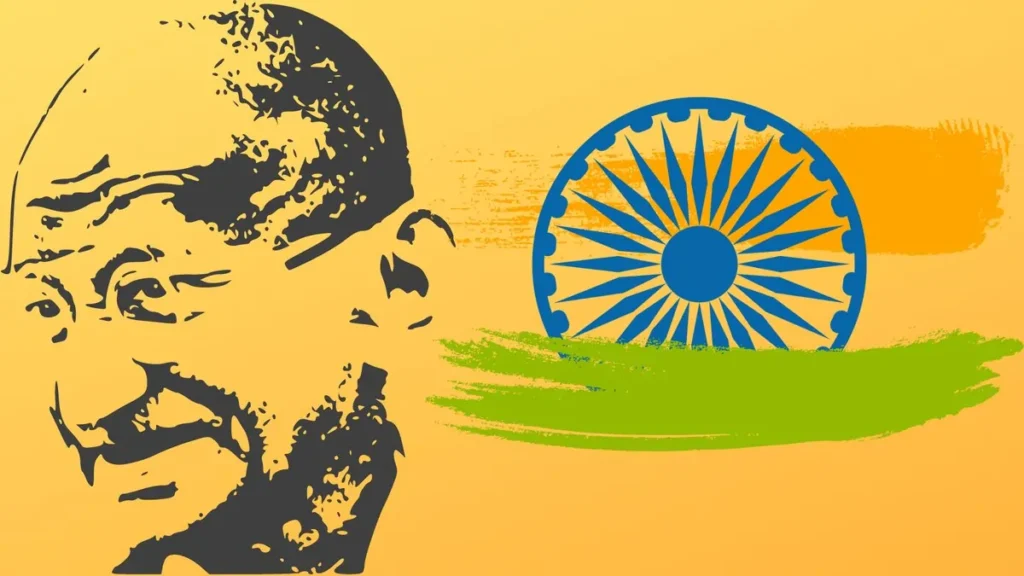
January 30th: Remembering Mahatma Gandhi
India observes January 30th as Martyrs’ Day in memory of Mahatma Gandhi. On this day in 1948, Gandhi was assassinated during a prayer meeting in New Delhi by Nathuram Godse. His assassination shocked the entire world. As the leader of India’s non-violent movement for independence, Gandhi’s philosophy of peaceful resistance had inspired millions. His death remains a tragic moment in Indian and world history.
Gandhi led India’s non-violent struggle for freedom, inspiring global leaders to adopt non-violence as a means of opposing oppression. Martyrs’ Day provides an opportunity for people to remember his unparalleled contributions to humanity and his unwavering belief in truth, peace, and non-violence.
In India, people commemorate January 30th with solemn events. At Raj Ghat in New Delhi, where Gandhi’s cremation occurred, national leaders, including the President and Prime Minister, gather to pay tribute. At 11:00 AM, the country observes a two-minute silence, followed by the singing of patriotic songs and readings from religious texts. These events remind people of the lasting influence of Gandhi’s life and teachings.
March 23rd: The Martyrdom of Bhagat Singh, Rajguru, and Sukhdev
India also observes Martyrs’ Day on March 23rd to honor Bhagat Singh, Shivaram Rajguru, and Sukhdev Thapar. The British executed these young revolutionaries on March 23, 1931, for their involvement in the murder of a British police officer, J.P. Saunders. Their sacrifice galvanized the nation and played a crucial role in intensifying the freedom movement.
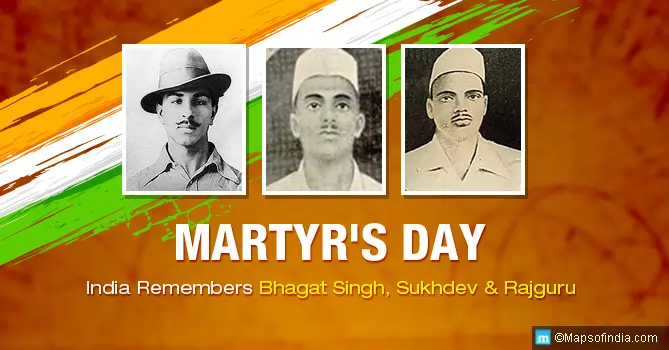
Bhagat Singh, Rajguru, and Sukhdev personified the fiery spirit of India’s youth who were determined to overthrow British rule. Bhagat Singh, in particular, continues to be remembered for his revolutionary ideas and his commitment to awaken the masses. His famous slogan, “Inquilab Zindabad” (Long Live the Revolution), resonated with the nation and remains relevant to this day.
On March 23rd, Indians across the country honor these martyrs through events and programs. Schools, colleges, and institutions host essay competitions, discussions, and debates to raise awareness of their contributions. Statues and memorials of Bhagat Singh, Rajguru, and Sukhdev are decorated with garlands, reminding people of their bravery and patriotism.
Global Observance of Martyrs’ Day
While Martyrs’ Day primarily holds significance in India, other countries also honor their martyrs. In the United States, for instance, people observe Memorial Day to remember soldiers who died in military service. Pakistan observes its own Martyrs’ Day on September 6th to honor soldiers who lost their lives in the Indo-Pakistani War of 1965.
Across the globe, Martyrs’ Day serves as a reminder of the selflessness and bravery of those who laid down their lives for their country. It inspires people worldwide to recognize the value of their freedom and to remember the cost at which it came.
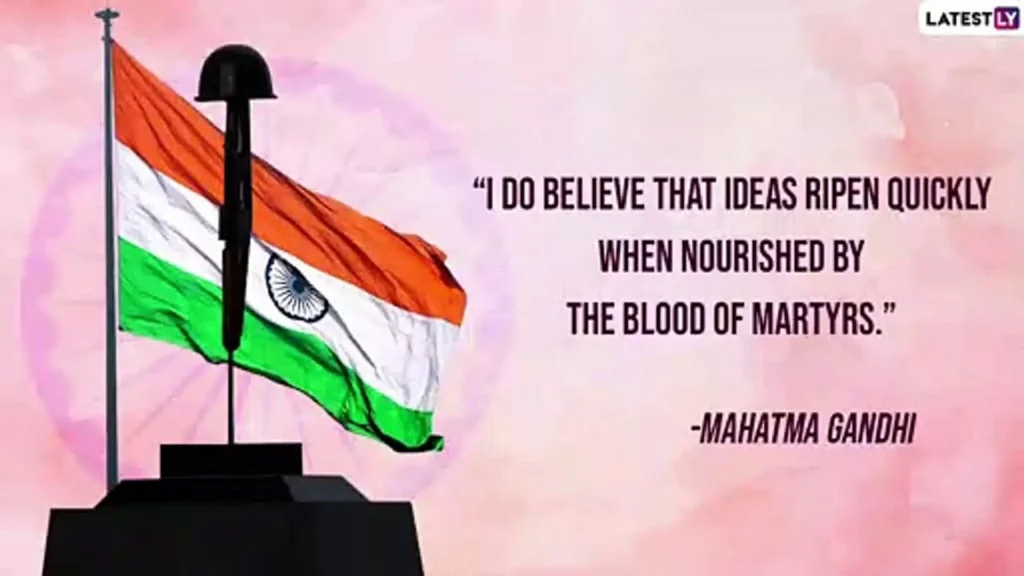
Why Martyrs’ Day Matters
Martyrs’ Day plays a critical role in ensuring that the sacrifices of freedom fighters remain remembered. Observing this day helps future generations appreciate the contributions of those who fought for their rights. The stories of martyrs like Mahatma Gandhi, Bhagat Singh, Rajguru, and others form a vital part of India’s historical narrative.
Additionally, Martyrs’ Day fosters a sense of national unity. By paying tribute to martyrs, the nation is reminded of the importance of working together to preserve the ideals of freedom and justice. Their sacrifices serve as a call to action for everyone to contribute to the greater good of society.
On this day also reflects the values for which martyrs fought. Whether Gandhi’s commitment to non-violence or Bhagat Singh’s revolutionary zeal, their legacies remind us of the importance of standing against oppression, promoting peace, and defending human rights.
How India Observes Martyrs’ Day
People across India observe Martyrs’ Day with respect and solemnity. The national flag is flown at half-mast, and individuals observe a two-minute silence to honor the martyrs. Schools and institutions hold events to educate students on the importance of the day, with debates, speeches, and quizzes serving as tools to keep their memories alive.
Throughout the country, communities organize marches, vigils, and cultural programs to honor the lives of martyrs. People visit memorials, light candles, and offer prayers for those who sacrificed their lives. These commemorative events foster a shared sense of national pride and gratitude.
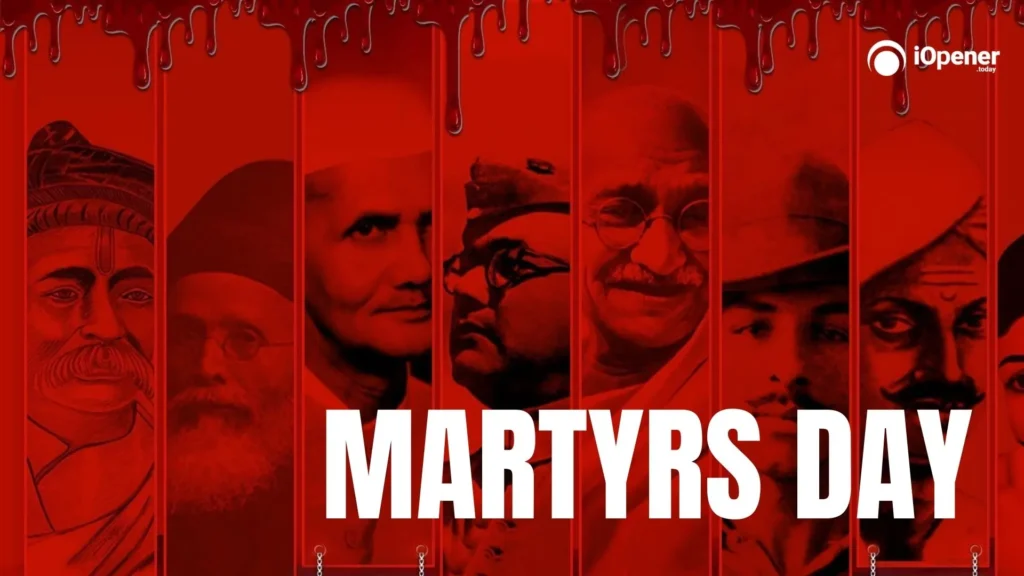
A Call for Social Justice
Martyrs’ Day reminds us of the ongoing responsibility to uphold the values for which martyrs fought. While they sacrificed their lives for the country’s independence, their legacy extends beyond political freedom. Martyrs stood for a fair and just society where all individuals enjoy equal rights and opportunities.
On this day, people reflect on the importance of social justice and their role in continuing the work of those who came before. Whether through supporting efforts for equality, defending human rights, or promoting peace, individuals can honor martyrs by working to build a better society for future generations.
Conclusion
Martyrs’ Day stands as a day of reflection and reverence. As we pay tribute to the courageous individuals who sacrificed their lives for the country, we also recommit to the values they stood for. Their stories of bravery, dedication, and selflessness remind us of the price of freedom and the ongoing duty to protect and nurture it.
On this day, let us honor the martyrs by not only remembering their sacrifices but by striving to contribute to the betterment of society. By taking inspiration from their lives, we can ensure that their legacy continues to inspire future generations.
